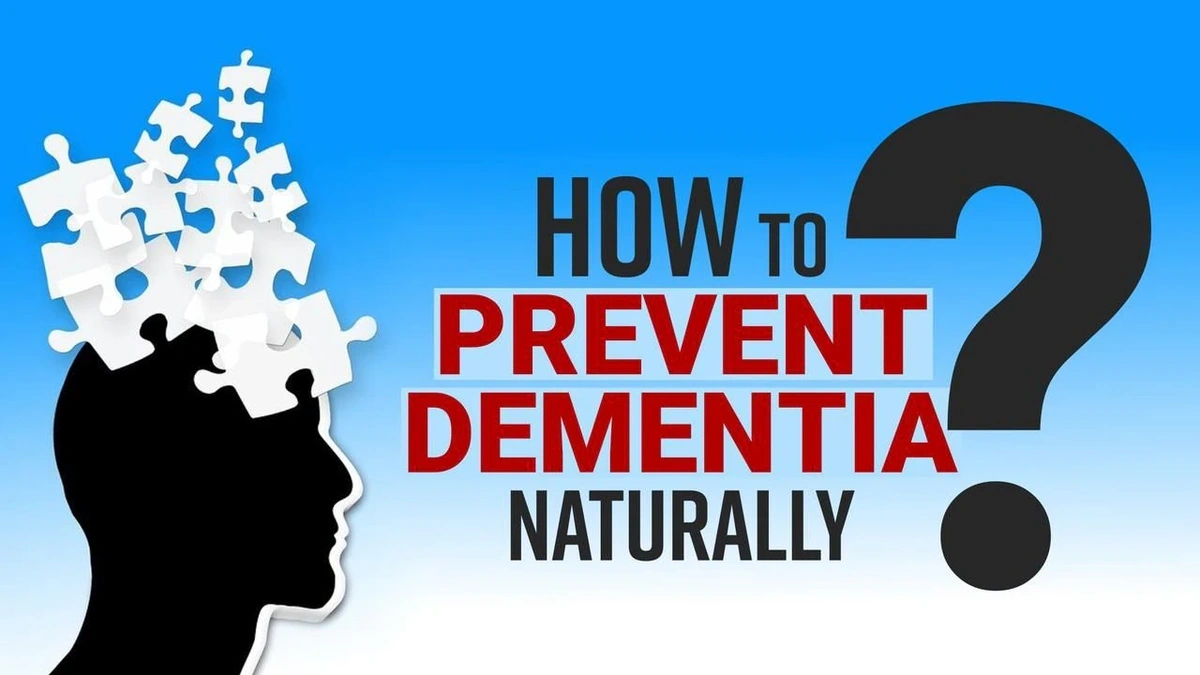Okay, let’s be real. The thought of dementia is terrifying. It’s that looming specter that nobody wants to talk about but everyone secretly worries about. But here’s the thing: while some risk factors are beyond our control, a surprising amount is within our grasp. It’s not about finding a magic pill; it’s about building a life that actively fights against cognitive decline. This isn’t just another article listing generic tips. This is about understanding why these strategies work and how you can seamlessly integrate them into your daily life, especially considering our unique context here in India.
Why Now Matters: The Urgent Need for Preventative Strategies
But first, why all the fuss? Well, globally, the numbers are climbing, and in India, with our aging population, the concern is particularly pressing. According to the World Health Organization (WHO) , dementia is a growing public health concern. We need to shift our mindset from reactive treatment to proactive prevention. Think of it like investing in your future self—a future self who remembers your name, your stories, and your life.
Here’s what fascinates me: the brain is incredibly resilient. It’s constantly rewiring itself, adapting to new challenges. This phenomenon, known as neuroplasticity, is key to dementia prevention. The more you challenge your brain, the stronger it becomes, building cognitive reserves that can buffer against age-related decline. And that’s where our everyday choices come into play.
The Power of Diet: Fueling Your Brain the Right Way
Let’s talk food – that’s something we Indians take seriously, right? But it’s not just about what tastes good. It’s about what fuels your brain. A common mistake I see people make is focusing solely on eliminating “bad” foods. But it’s equally important to actively incorporate brain-boosting nutrients.
Think Mediterranean diet with an Indian twist. Load up on fruits and vegetables bursting with antioxidants (berries, spinach, and colourful bell peppers). Embrace healthy fats from sources like nuts, seeds, and olive oil. Lean proteins like fish and chicken are also your friends. And don’t forget the spices! Turmeric, with its active compound curcumin, has been shown to have neuroprotective benefits. Add a pinch to your dal, your sabzi, your milk—basically, everything! Also, don’t underestimate the power of good hydration. Drinking plenty of water keeps your brain functioning optimally. Aim for at least 8 glasses a day.
Move Your Body, Sharpen Your Mind: The Exercise Connection
Okay, I know what you’re thinking: “Exercise? Really?” But trust me on this one. Physical activity isn’t just about fitting into your favorite jeans. It’s about boosting blood flow to the brain, stimulating the growth of new neurons, and improving overall cognitive function.
What fascinates me is how even small amounts of exercise can make a big difference. You don’t need to run a marathon. A brisk 30-minute walk most days of the week can do wonders. Or maybe try yoga, which combines physical postures, breathing techniques, and meditation – all of which are beneficial for brain health. Even dancing to your favorite Bollywood tunes can get your heart pumping and your brain engaged! Find an activity you enjoy, and make it a regular part of your routine.
Socialize and Stimulate: Keeping Your Brain Actively Engaged
Here’s the thing: the brain thrives on social interaction and mental stimulation. Isolation and boredom are its enemies. Loneliness can increase your risk of cognitive decline.
What fascinates me is how simple social activities can be so powerful. Connect with friends and family, join a book club, volunteer in your community, or learn a new skill. The key is to engage in activities that challenge your mind and keep you connected to others. Play chess, solve puzzles, learn a new language, take up gardening, or simply have meaningful conversations. These activities help build cognitive reserves and protect against dementia.
The Sleep Connection: Resting Your Way to a Healthier Brain
Let’s be honest. How many of us are actually getting enough sleep? Between work, family, and social commitments, sleep often takes a backseat. But chronic sleep deprivation can have a significant impact on brain health, increasing the risk of dementia.
What fascinates me is how sleep acts as a sort of nightly reset button for the brain. During sleep, the brain clears out toxins and consolidates memories. Aim for 7-8 hours of quality sleep each night. Create a relaxing bedtime routine, avoid caffeine and alcohol before bed, and make sure your bedroom is dark, quiet, and cool. If you have trouble sleeping, talk to your doctor. Addressing sleep issues can be a crucial step in dementia prevention.
Tackling Risk Factors and Consulting Experts for Dementia Prevention
Remember, lifestyle changes are powerful, but they’re not the whole story. Managing underlying health conditions is also crucial. Factors like high blood pressure, diabetes, high cholesterol, and obesity can increase your risk of dementia.
What fascinates me is how these conditions can damage blood vessels in the brain, impairing cognitive function. Work with your doctor to manage these risk factors through medication and lifestyle changes. Regular check-ups are essential for early detection and management of any health issues. Don’t self-diagnose. Always consult with qualified medical professionals for personalized advice and treatment plans. Early detection and intervention can make a significant difference. For more information on brain health, you might find this article helpful: dementia prevention .
FAQ: Your Burning Questions About Dementia Prevention Answered
What if I have a family history of dementia? Does that mean I’m doomed?
Not at all! While genetics can play a role, lifestyle factors have a significant impact. Focus on the modifiable risk factors like diet, exercise, and mental stimulation.
Are there any specific supplements that can prevent dementia?
While some supplements may have potential benefits, more research is needed. Talk to your doctor before taking any supplements, especially if you have underlying health conditions.
How early should I start thinking about dementia prevention?
The earlier, the better! Many of these lifestyle strategies are beneficial for overall health, regardless of age. Start incorporating them into your life now to build a strong foundation for cognitive health.
What are the early signs of dementia that I should watch out for?
Memory loss that disrupts daily life, difficulty with planning or problem-solving, confusion with time or place, and changes in mood or personality are all potential warning signs.
Can stress contribute to dementia risk?
Yes, chronic stress can negatively impact brain health. Find healthy ways to manage stress, such as meditation, yoga, or spending time in nature.
So, there you have it. Dementia prevention isn’t about avoiding aging; it’s about embracing life to the fullest, nurturing your brain, and building resilience. It’s about making informed choices that empower you to live a longer, healthier, and more fulfilling life. And remember, it’s never too late to start!





